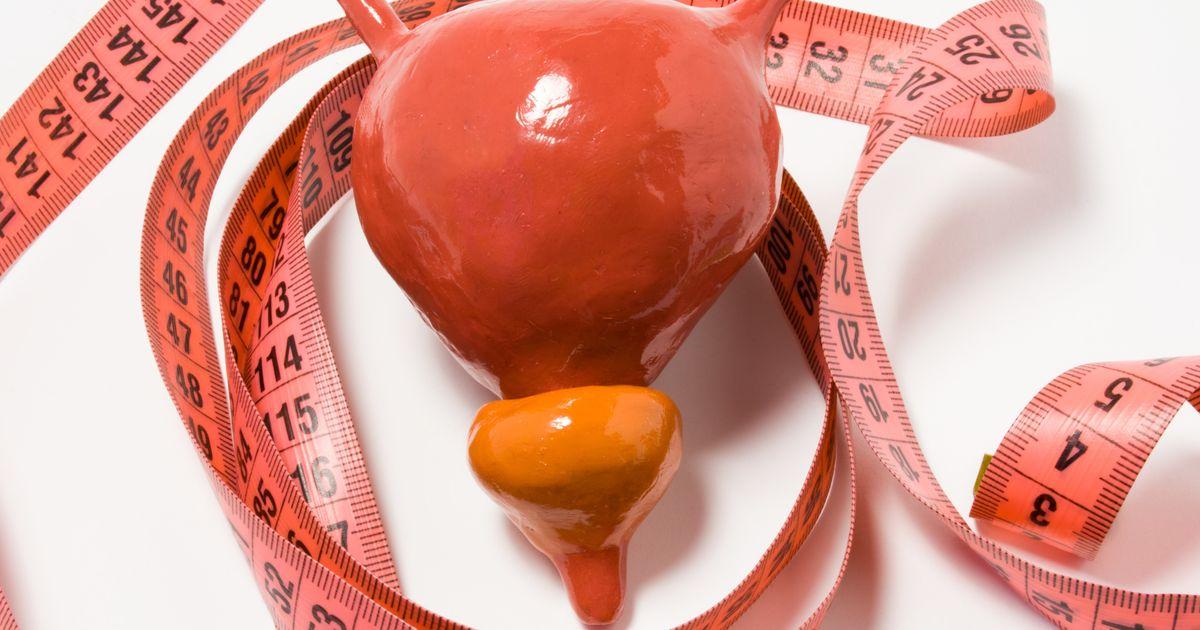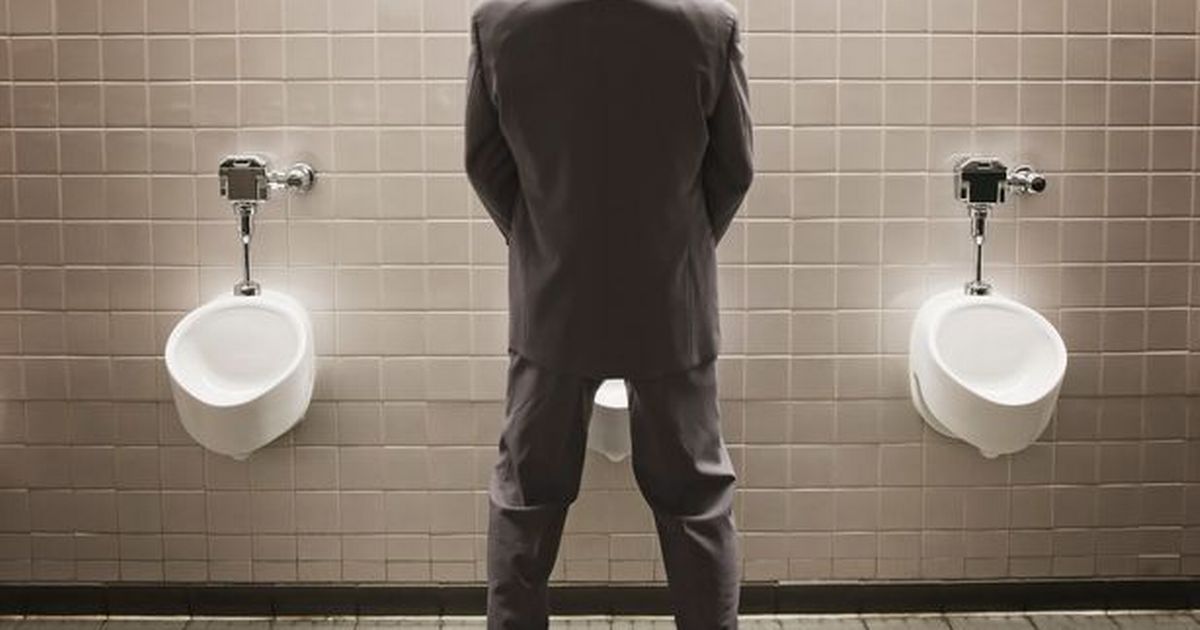Signs Of Benign Prostatic Hyperplasia
Benign prostatic hyperplasia (BPH), an enlarged prostate, is a common condition that affects men. This condition is part of the normal aging process and is common in men aged forty and older. Between thirty-one and forty, about one in twelve men have an enlarged prostate but this prevalence increases to fifty percent among men aged fifty-one to sixty and about ninety percent for men over eighty.
While benign prostatic hyperplasia is not a serious or life-threatening condition, symptoms can interfere with daily life. An enlarged prostate largely causes urinary symptoms such as a weak or interrupted urine flow, difficulty initiating a urine stream, and trouble emptying the bladder. It can also result in an increased risk of urinary infections and treatment for the condition may cause other issues. The following are the most common signs of benign prostatic hyperplasia.
Frequent Urination
Over time, the bladder will start to contract even when it only has a small amount of urine and cause the need to urinate more frequently and urgently. This can be one of the most problematic symptoms of an enlarged prostate, and it can make it impossible to get through a short flight let alone a night without getting up to use the restroom. Along with frequent urination, especially at night, you may experience a sense of urgency with urinary leakage and dribbling after you are done urinating.
There are a few ways to relieve this symptom. Taking more time to empty your bladder as completely as possible can reduce the number of trips you need to make to the restroom. Avoiding fluids in the evening may also help. Alcoholic and caffeinated drinks should be avoided in the evening because they can stimulate the kidneys to make more urine and affect the bladder's muscle tone.
Reveal the next sign of benign prostatic hyperplasia now.
Difficulty Beginning To Urinate

Urine flows from the bladder and through the urethra. As the prostate becomes enlarged, it pinches the urethra and narrows the opening. This forces the bladder to contract with more force to push urine through the urethra. For most men, difficulty beginning to urinate is one of the first signs of benign prostate hyperplasia. A hesitant urine stream may also be weak and get interrupted. Once you are done urinating, you may experience dribbling or urinary leakage.
This urine hesitancy often develops slowly as BPH progresses. Some men don't notice it at all until they are unable to urinate at all, a condition called urinary retention, which can lead to a swollen bladder and discomfort. Difficulty initiating a urine flow can also be the result of a urinary infection, including prostatitis.
Get to know more symptoms of this condition now.
